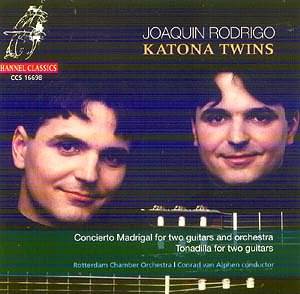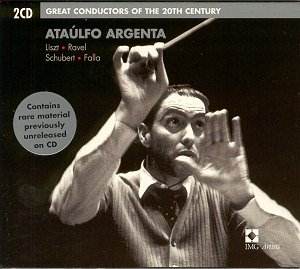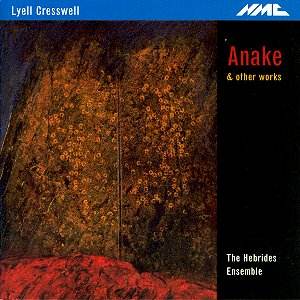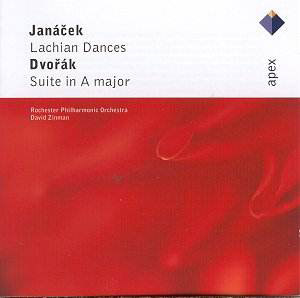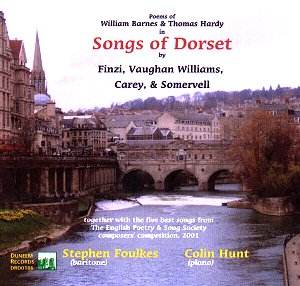 Composer: Various
Composer: Various
Works: Holst: Sergeant’s Song, Between Us Now; Clive Carey: The Spring; A. Somervell: The Mother’s Dream; Gerald Finzi: I said to love; Roger Lord: Corn A-turnen Yollow, Come; Alison Edgar: The Wind at the Door; Judith Bailey: Jeâne; Brian Daubney: The Storm; Ralph Vaughan Williams: In the Spring, Blackmwore Maidens (by the Stour), The Winter’s Willow, Linden Lea
Performers: Stephen Foulkes (baritone), Colin Hunt (piano)
Recording: Live performance, March 2002, English Poetry and Song Society, Bath
Label: Dunelm Records
The collection of songs presented in “Songs of Dorset” draws compellingly on a rich tapestry of English song literature, spotlighting composers both revered and lesser-known. This disc, a live recording from a performance in Bath, articulates the nuanced interplay between poetry and music, with a strong emphasis on the works of Thomas Hardy and his contemporaries. The song cycle traverses an array of emotional landscapes, from the pastoral to the introspective, offering listeners a rare glimpse into the lyrical heritage of Dorset through the lens of its musical interpreters.
Stephen Foulkes’ baritone shines brightly throughout the recording, embodying the character of each piece with commendable clarity and expressive depth. His interpretation of Holst’s “Sergeant’s Song” serves as an energetic opener, showcasing the strong rhythmic pulse and bold character that lend this piece its extroverted charm. In contrast, his rendition of Finzi’s “I said to love” reveals a more contemplative side, particularly in “At Middle-Field Gate,” where Foulkes captures the bleakness of the text with a poignant lyricism that resonates deeply. The weighty, expansive qualities of the final song in Finzi’s cycle are treated with reverence, revealing both a sense of longing and resolve that marks Finzi’s unique voice in the English song repertoire.
Colin Hunt’s piano accompaniment is both sensitive and robust, enhancing the vocal lines without overshadowing them. His deft handling of dynamic contrasts and articulations complements Foulkes’ interpretations, particularly notable in Vaughan Williams’ “Linden Lea.” Here, the interplay between voice and piano creates an almost idyllic pastoral scene, underscoring the song’s folk-like essence. The balance achieved between piano and voice is consistently commendable throughout the recording, highlighting the collaborative spirit inherent in song performance.
The recording quality itself merits attention. Captured in a live setting, the sound is remarkably clear, allowing for an intimate listening experience that transports the audience into the venue. The minimal audience noise preserves the integrity of the performance, enabling listeners to fully engage with the emotional subtleties of each song. This aspect of the production is particularly crucial given the often delicate nature of the material being performed.
The historical context of the works featured is also significant. The inclusion of songs by Clive Carey and Arthur Somervell enriches the program, providing a broader perspective on the English song tradition. Carey’s “The Spring” and Somervell’s “The Mother’s Dream,” while perhaps overshadowed by the more prominent figures of Holst and Vaughan Williams, offer intriguing insights into the evolution of song in the early 20th century. The youthful vigor of Vaughan Williams’ settings of William Barnes’ poems resonates with an authenticity that speaks to the composer’s deep-rooted connection to English folk traditions.
The five additional songs from the EPSS’s 2001 composers’ competition serve as an engaging postscript to the main repertoire, showcasing contemporary responses to Barnes’ poetry. Each piece, particularly Roger Lord’s “Come,” exhibits a refreshing fluency that enhances the overall program, echoing the themes explored in the earlier works while inviting modern sensibilities into the fold.
This recording stands as a testament to the breadth and richness of English song, expertly navigating through both celebrated and underappreciated contributions to the genre. Foulkes and Hunt emerge as advocates for this repertoire, their performances imbued with a sincerity that invites repeated listening. Dunelm Records offers a compelling addition to the canon of British song recordings, one that no enthusiast of the genre should overlook.
